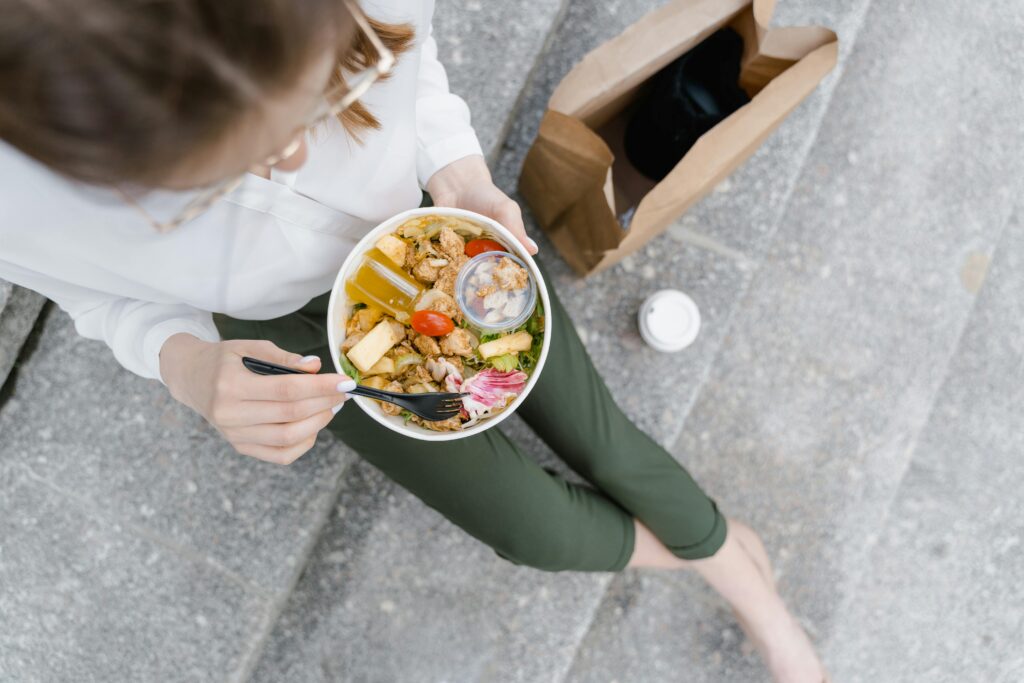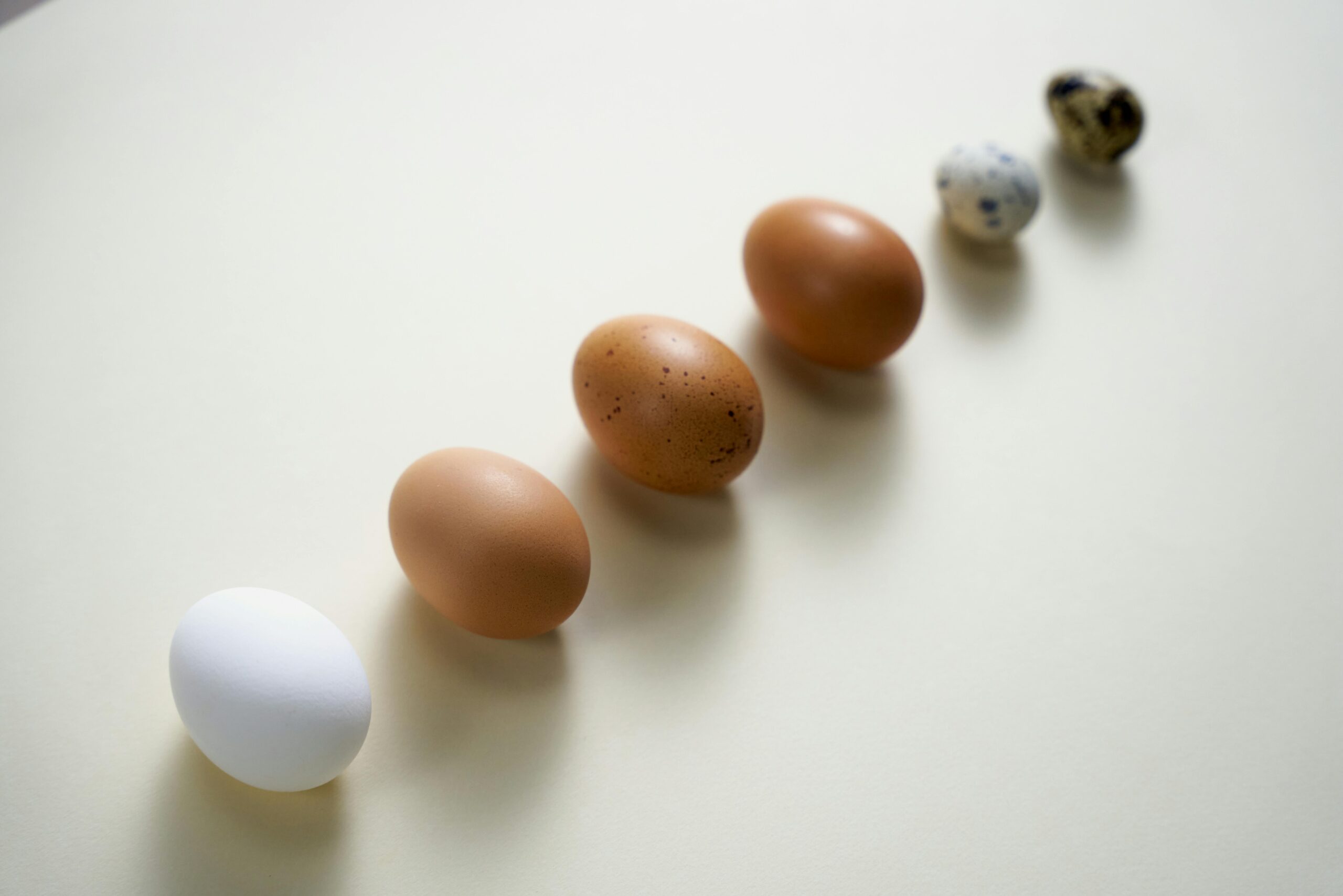How to Get Enough Protein Daily: Simple Tips and Protein-Rich Meals
Protein plays a crucial role in our diet, helping to build and repair tissues, produce enzymes and hormones, and support overall health. But how much protein do you really need, and what are some easy ways to include more protein-rich foods in your meals? Let’s dive into everything you need to know about protein, including how to get enough of it and which foods pack the most punch.

How Much Protein is Recommended Daily?
The amount of protein you should consume daily depends on your age, sex, and activity level. The Dietary Guidelines for Americans recommend that the average adult should aim for 0.8 grams of protein per kilogram of body weight. This works out to roughly 46 grams per day for women and 56 grams per day for men. However, if you’re more active or trying to build muscle, you might need more protein to fuel your body’s recovery.
How to Get Enough Protein in Your Diet
Getting enough protein doesn’t have to be a challenge. Incorporating protein-rich foods into each meal can help you hit your daily target with ease. Here are some practical tips:
- Start Your Day with Protein:
Breakfast is a great time to kick off your protein intake. Try options like eggs, Greek yogurt, or a protein-packed smoothie. If you prefer a plant-based diet, chia seeds, oats, or almond butter are excellent alternatives that offer good amounts of protein. - Snack Smart:
Instead of reaching for chips or sugary snacks, choose high-protein options like nuts, seeds, or string cheese. A handful of almonds or a hard-boiled egg can give you a quick boost of protein and keep you feeling full longer. - Include Protein in Every Meal:
Make sure each meal contains a source of protein. Whether it’s lean meats like chicken or turkey, fish, beans, tofu, or lentils, balancing your plate with protein-rich foods will help you meet your daily needs. - Use Protein Supplements (If Needed):
If you find it hard to get enough protein through whole foods, consider adding a protein supplement like whey or plant-based protein powder to your diet. This can be especially helpful for those with busy schedules or increased protein needs due to exercise.
Protein-Rich Foods to Add to Your Diet
If you’re looking to boost your protein intake, here are some of the most protein-rich foods you can add to your meals:
- Lean meats like chicken, turkey, and beef are packed with protein, with around 25 grams of protein per 3-ounce serving.
- Fish and seafood are also great sources, with options like salmon providing 22 grams of protein per 3-ounce serving.
- Eggs are a versatile and inexpensive protein source, offering 6 grams per egg.
- Dairy products like Greek yogurt, cottage cheese, and milk can be excellent choices, with Greek yogurt offering around 10 grams of protein per serving.
- Legumes, such as beans, chickpeas, and lentils, are great plant-based options, with around 15-18 grams of protein per cup.
- Nuts and seeds, including almonds, chia seeds, and flaxseeds, provide protein and healthy fats. For example, a quarter-cup of almonds contains 7 grams of protein.
- Tofu and tempeh are popular plant-based protein options, with tempeh offering 21 grams of protein per 3-ounce serving.
Protein-Rich Meal Ideas
To help you get enough protein throughout the day, here are a few meal ideas that are packed with protein-rich foods:
- Breakfast: Scrambled eggs with spinach and feta cheese or a smoothie with Greek yogurt, almond butter, and chia seeds.
- Lunch: A grilled chicken salad with quinoa and a variety of vegetables, topped with sunflower seeds for crunch and extra protein.
- Dinner: Baked salmon with roasted vegetables and a side of lentils or brown rice for a balanced, high-protein meal.
- Snack: A Greek yogurt parfait with mixed berries and a sprinkle of flaxseeds.
Conclusion: Getting Enough Protein is Easy with the Right Choices
Ensuring you get enough protein doesn’t have to be complicated. By incorporating protein-rich foods into every meal and being mindful of your daily intake, you can support your body’s needs and maintain your health. Whether you’re an athlete, someone trying to lose weight, or just looking to improve your diet, focusing on high-protein meals is a great way to achieve your goals.
If you’re unsure about how much protein you need or what foods are best for you, consult with a healthcare provider or nutritionist to create a plan that fits your lifestyle.

